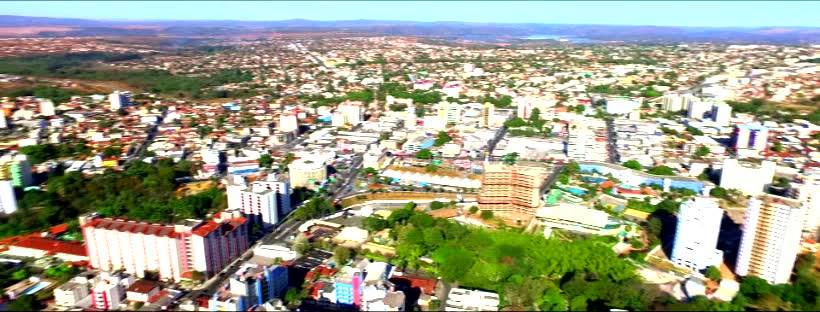A new mega resort project integrated with a casino in the city of Caldas Novas (GO) could boost regional tourism. The deal, still in the planning stage, depends on the approval in Congress of Bill 2234/22, also known as Casinos PL.
The measure, which allows casinos and other physical games in the country, was approved by the Chamber of Deputies in 2022 and by the Senate Constitution and Justice Committee this year. The Minister of Tourism, Celso Sabino, has already publicly defended the proposal.
In an interview with Diário da Manhã, Mário Guardado, casino consultant, speaker and political organizer, explained that the initiative can generate employment and income for the Caldas Novas region. According to him, the installation of the project seeks not only to increase the tourist offer, as well as to present new job and development opportunities.
The concept of integrated resorts, which mixes accommodation, entertainment and games, is arriving in Brazil, with Caldas Novas emerging as one of the possible hubs. The project consultant highlighted that “structural investment is just the beginning. Each direct job can generate up to three indirect jobs”.
“Carpentry, electrical, gardening and other related businesses have the chance to prosper with the demand generated by the resort. These companies often become partners, providing ongoing services and creating a sustainable economic cycle,” he added.
Furthermore, the environmental issue is one of the priorities. “Every large project must begin with rigorous environmental planning. In Caldas Novas, for example, the issue of congestion and the need for parking are priorities to be addressed”, he stated.
Details of the casino project in Caldas Novas
According to Guardado, the initiative includes advanced monitoring systems to ensure the integrity of the operation and the well-being of participants.
“Security must be robust, with monitoring systems that guarantee the integrity of operations and the protection of employees and visitors. Additionally, biometrics and advanced technology are used to maintain strict control.”
Another point raised was the need to offer training so that employees can recognize excessive gambling behaviors. “Casinos will implement training programs to detect signs of compulsive behavior,” he says.

“In addition, there will be collaboration with government bodies to ensure that a percentage of the taxes generated goes towards helping people with gambling-related problems.”
According to planning, the casino will be the last element of the project to be built. “Construction will begin with the portions of the resort that do not include the casino, such as hotels and convention centers.”
However, the resort will also be able to provide the sports betting experience “on online platforms separate from physical casinos to avoid conflicts,” says Guardado.
“Legalization will allow for more rigorous supervision and the detection of irregular practices. The requirements are clear and rigorous, with significant amounts for licenses, such as R$100 million for casinos and R$30 million for sports betting”, he added.
Finally, Mário Guardado reinforced that the operation will be adjusted to the existing infrastructure. “We want the project to benefit everyone and bring progress to the city in a responsible way”, he concluded.




